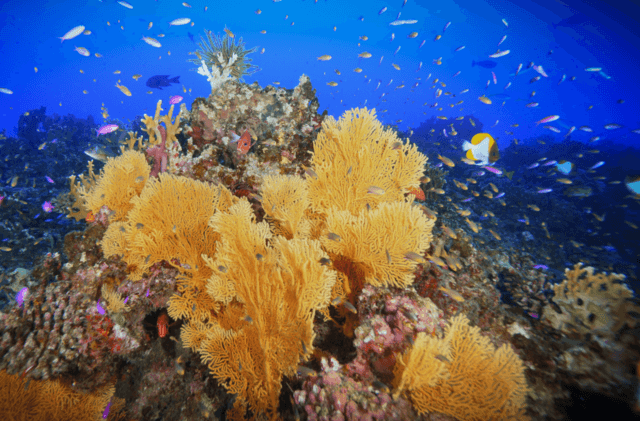
A large majority of people around the world back the goal of protecting 30% of land and water for nature by 2030, according to new research that found overwhelming public support across eight countries on five continents.
In 2022, nearly 200 nations committed to safeguarding 30% of global land and marine areas under the 2022 Kunming-Montreal Global Biodiversity Framework. At present, only 17.6% of land and 8.6% of seas are protected, and more than 100 countries remain less than halfway towards meeting the target.
Governments will need to act quickly to reach the goal within the next five years. However, designating more space for nature can be politically contentious, as it may involve restricting access to land, curbing resource extraction, relocating communities, and affecting economic growth. These challenges are frequently cited as barriers to expanding protected areas.
Research published last month in the Proceedings of the National Academy of Sciences suggests that over 80% of the public across eight surveyed countries support the 30×30 target.
Aksel Sundström, a political scientist at the University of Gothenburg in Sweden and a co-author of the study, said: “There has been a sentiment among policymakers that they are not sure if people are actually interested in having this massive expansion. But I think from these data points, we can say that public opinion does not seem to be a big hurdle in terms of making this expansion possible or viable.”
In a survey of 12,000 people across Argentina, Brazil, India, Indonesia, South Africa, Spain, Sweden and the United States, researchers led by Sundström found strong support in all countries. Respondents in Brazil (90%) and Argentina (87.9%) were most in favour of their governments expanding protected areas, while support was lower in Sweden (66.3%) and the US (71.2%). Across all eight nations, average support stood at 82.4%.
The countries were selected to capture views from both the global north and south, as well as a range of existing levels of protected areas. Respondents were representative of national demographics.
Although only eight nations were surveyed, “given how consistent many of these patterns are, it seems plausible that people in similar countries should have similar preferences”, said a co-author, Patrik Michaelsen, also at University of Gothenburg.
The study also found people were more supportive when responsibility for nature protection was shared equally among countries, and when governments were not permitted to offset domestic obligations by paying for conservation abroad. There was widespread agreement that wealthier nations should bear the greater financial burden of meeting the target.
For campaigners seeking to build political momentum behind the 30×30 goal, the survey results offer encouraging evidence of global public backing.
Susan Lieberman, vice-president of international policy at the Wildlife Conservation Society, said: “[We] work in five of the eight countries studied, and we are encouraged by the results. We believe that on this and other issues, citizens across the globe want their governments to take strong action to protect biodiversity and conserve nature.”
——————————————————————————
At Natural World Fund, we are passionate about restoring habitats in the UK to halt the decline in our wildlife.

